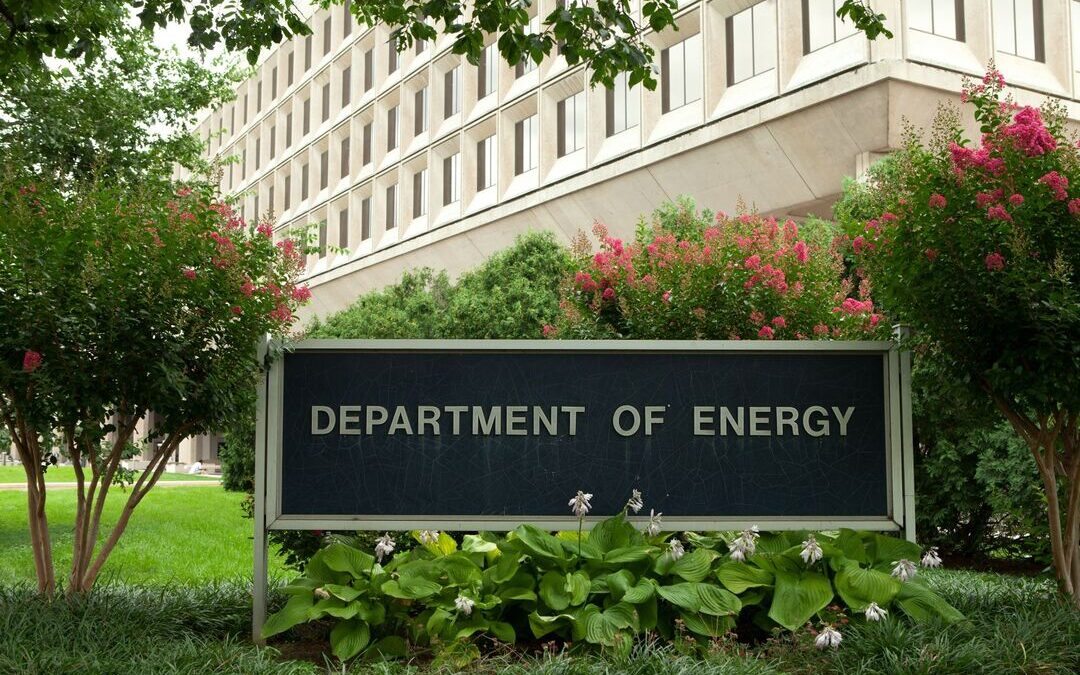US DOE, Tribal Nations Collaborate on Carbon Management and Clean Energy
The working group’s initial priorities include developing carbon capture, transport and storage infrastructure, besides mitigating methane emissions.
The US Department of Energy has established a new working group to advance carbon management and fossil energy projects across tribal lands.
The DOE’s Office of Fossil Energy and Carbon Management launched the Tribal Fossil Energy and Carbon Management Working Group, which will collaborate with eight federally recognized tribes to provide expertise on decarbonization and sustainable resource management.
“Energy is foundational to tribal self-determination, and we are proud to have tribal leadership in our efforts to expand clean energy development,” said Energy Secretary Jennifer M. Granholm.
The initiative follows significant investment in tribal clean energy projects under the Biden administration, focusing on carbon management, methane mitigation, and critical minerals development that directly benefits tribal communities.
The inaugural members of the working group include the Jicarilla Apache, Crow Nation, Navajo Nation and Caddo Nation.
The others comprise the Hopi Nation, Southern Ute, Arctic North Slope Iñupiat and MHA Nation.
Energy Transition
These tribes, many of which rely on fossil energy revenue, possess extensive resources and will collaborate with DOE to explore technical and economic opportunities tied to their natural assets.
Tribal leaders expressed optimism about the initiative, which will offer technical assistance and economic development tools to foster job creation and support energy projects on tribal lands.
Mark N. Fox, chairman of the MHA Nation, said: “It was a privilege to showcase our initiatives. We look forward to exploring new opportunities with DOE to ensure that our resources are managed responsibly for the benefit of future generations.”
The working group’s initial priorities include developing carbon capture, transport, and storage infrastructure, mitigating methane emissions and enhancing the production of critical minerals.
Additionally, the DOE and participating tribes plan to repurpose retired fossil energy facilities to optimize existing assets and align with the clean energy transition.
With over $13 billion earmarked for tribal communities under the Bipartisan Infrastructure Law and $720 million from the Inflation Reduction Act for climate resilience, this initiative positions tribes to leverage substantial federal funding for sustainable development.
Furthermore, tax credits for clean energy and industrial projects on tribal lands incentivize tribal communities to build capacity in clean energy technology and decarbonization.
The FECM will convene virtual briefings for participating tribes to help coordinate initial priorities, with the first formal meeting of the working group slated for 2025.

